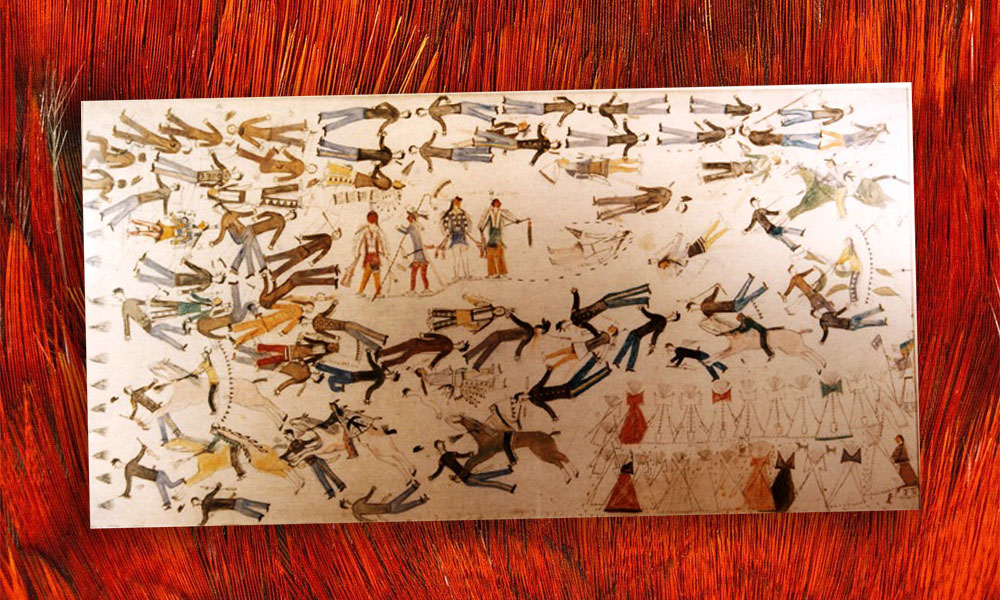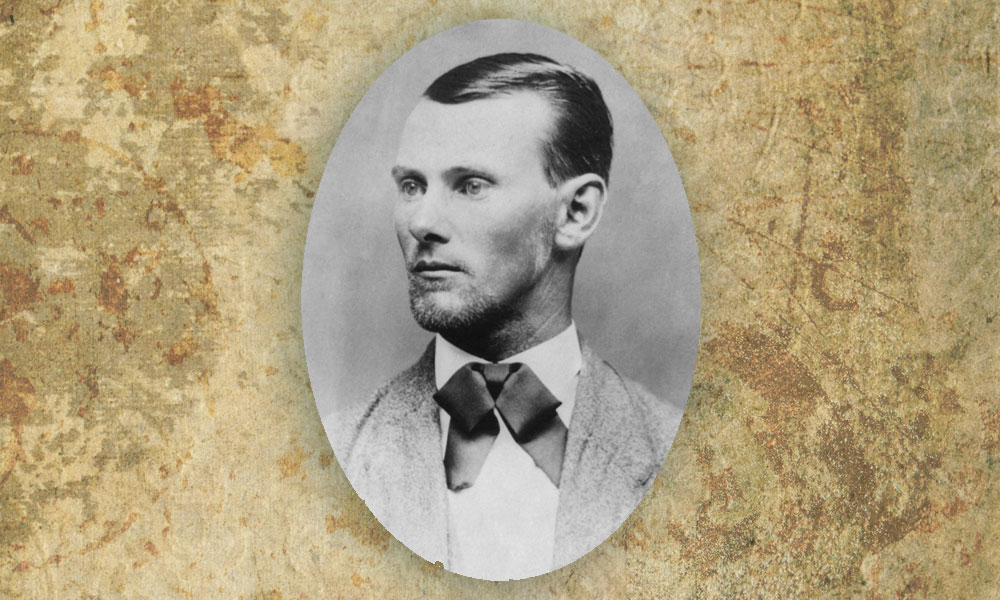Bad News Travels Fast

According to The Old West Quiz and Fact Book by Rod Gragg, “After the Battle of the Little Big Horn, the Seventh Calvary’s wounded were placed on the steamboat Far Westfor transportation back to Fort Abraham Lincoln. The boat’s captain, a veteran riverman named Grant Marsh, brought the wounded and the first full account of the battle back to the fort so quickly that he set a speed record on the Yellowstone and Missouri rivers—seven hundred miles covered in fifty-four hours.”
Meanwile, Gragg also noted, two reports were written about the battle by Custer’s superior officer, General Alfred H. Terry. One was designed for public release, the other—critical of Custer—was meant only for the Army high command. In Washington, D.C., General-in-Chief William T. Sherman sent the private report to the Secretary of War by someone he thought was a civilian messenger. But it turns out, he put it in the hands of a reporter for the Philadelphia Inquirer, which printed the controversial report for all to see.
What do you think?
More Guts Than Sense

Pinkerton detective Joseph Whicher had more guts than sense. In March 1874, he went undercover to try to catch Jesse James (in photo) by seeking work at the farm owned by Jesse’s mother and stepfather.
But the lawman’s real identity was known before he got there. Ignoring advice from locals (one of whom said that Jesse’s mother might kill him), he headed toward the farm on March 11. His body was found on a nearby road the next day, shot at least three times. One account said a note was attached to the corpse: “This to all detectives.”
Copyright ©2015, TRUE WEST PUBLISHING. All Rights Reserved.

No comments:
Post a Comment
Please leave a comment-- or suggestions, particularly of topics and places you'd like to see covered